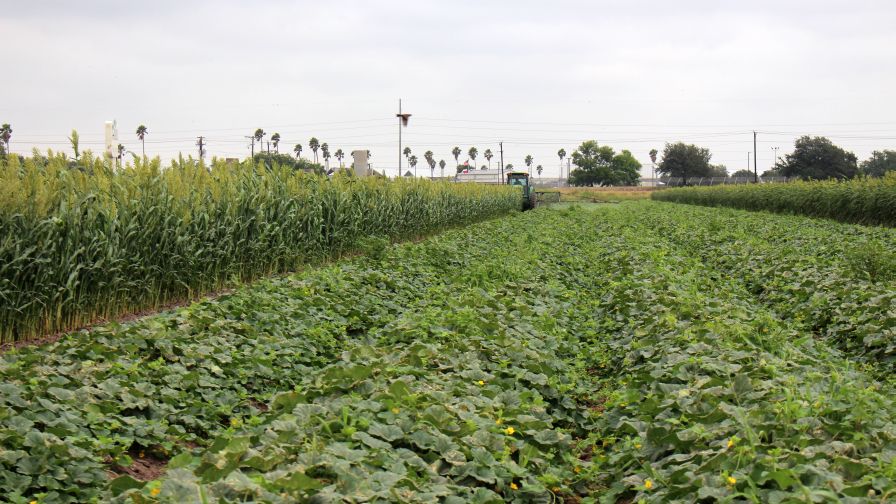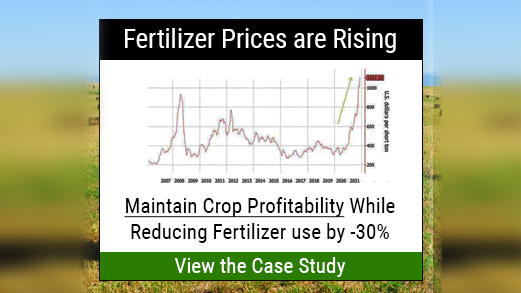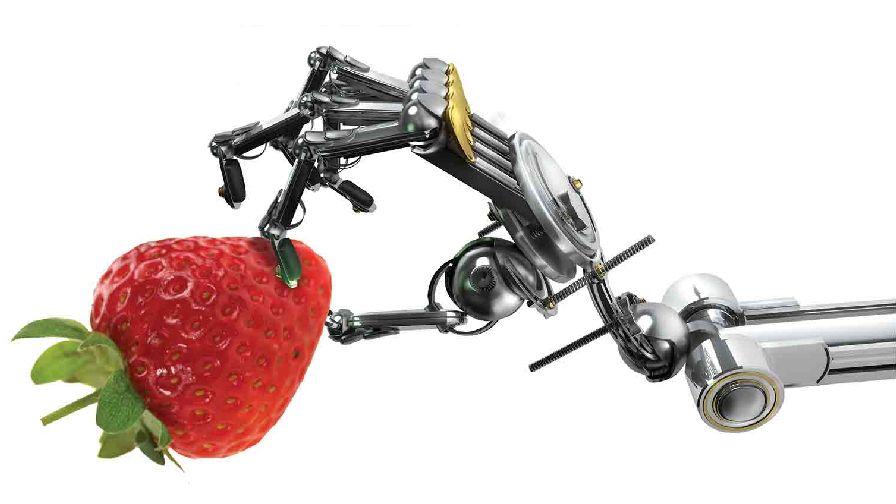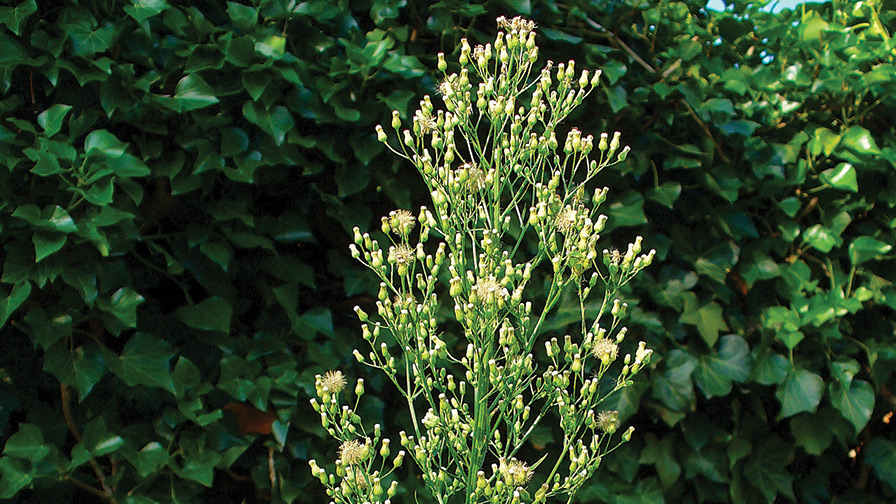Science and its applications certainly don’t exist in a vacuum or sealed laboratory. It’s all around us and affects how we live and work. Boil down lengthy algorithm equations to their simplest form and it is likely to be of value to you and me in some way.
Lately, it seems more scientific breakthroughs are occurring in specialty ag. In particular, it appears researchers are making a point to drill down to the genomic level of more fruits and vegetables to try and find solutions to common problems for not only growers, packers, and shippers, but also those of the consumer.
In last month’s issue, we reported the genome sequencing for the strawberry. More recently, researchers assembled the genomes of the sweet orange and Clementine mandarin. These feats were firsts — for sure, not lasts. The intel from the new discoveries reveal a plethora of positive possibilities for more attractive, better-looking produce with a higher resistance to pest and disease pressure. These examples are just a few.
Just The Facts
The weight of scientific data carries itself to the head of the class when attempting to argue a point or validate something … almost anything. Basing a game-changing decision on anything less than science-based material makes it ripe for debate fodder. For example, critics have argued the looming EPA numeric nutrient criteria for Florida’s waterways were put in place without taking science into account. The arguments and comments did hold water and forced EPA to re-tool the initial proposal.
The new Food Safety Modernization Act — which you’ll learn plenty about throughout this issue — promises to increase accountability throughout the food chain to help prevent the incidences of foodborne sickness. Via WhiteHouse.gov: “We will, in accordance with the law, establish science-based standards for the safe production and harvesting of fruits and vegetables to minimize the risk of serious illnesses or death …”
Though the contents of the new law and its possible ramifications have been the cause of much angst in the produce industry, it’s hard to argue with using sound science to help bring food safely from the fields or groves to the dining table. As more details emerge about how the new law will be enforced and funded, we’ll learn to adjust with hopefully science leading the way and not politics.
Hope And Hypotheses
Field Scouting Guide: Horseweed
So, what else is around the research corner? Maybe frost-proof strawberries? Tomatoes with a year shelf life? Blueberries that pick themselves? A cure for greening? We may be closer to answers than you think. Relevant research is ongoing in the background — thankfully. And with continued support and funding of our land grant universities, we should be able to make it to the next frontier of farming — whatever that may be.
0
1
5
It's Hard to Argue With Science
Paul Rusnak is the Senior Online Editor for Meister Media Worldwide's Specialty Crops Division, which consists of American Vegetable Grower, American Fruit Grower, and Greenhouse Grower magazines, all Meister Media brands. He is based in Northeast Florida. See all author stories here.









